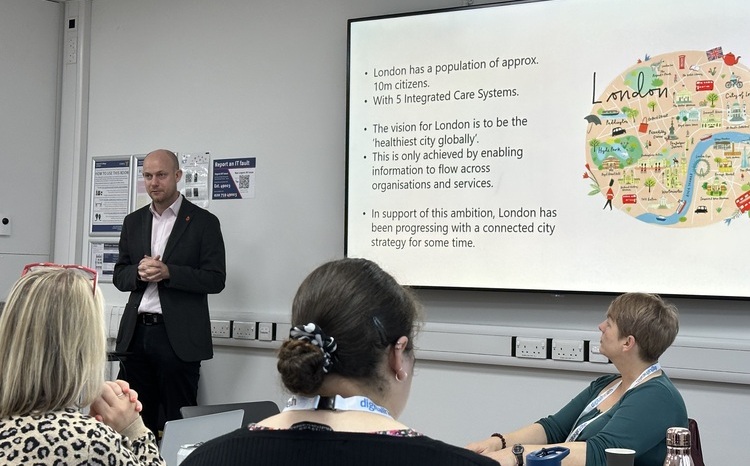NHS Direct may lack capacity to handle OOH calls
- 8 July 2005
NHS Direct may have insufficient capacity to manage out of hours (OOH) care in the integrated fashion envisaged by the government, researchers have concluded.
In 2000, a review of OOH care recommended integrating calls made to general practitioners outside surgery hours with NHS Direct. The idea was that patients’ calls would be routed directly to the national helpline for an initial telephone assessment.
The research report published in the British Medical Journal looks at the experiences of 31 English general practice cooperatives with NHS Direct partners. Data were collected for a year before and after the integration of OOH calls to NHS Direct.
The study found that, while 68% of sites integrated all OOH calls during the study, only 29% (nine out of 31) managed to handle patients with a single call.
Most patients still needed to make at least two telephone calls to contact NHS Direct, and then wait to be called back by a nurse. In one site, more calls were handled by a local team of cooperative nurses before integration than by NHS Direct afterwards.
Overall, there was a small but significant downturn in demand for care. Calls to emergency ambulance services increased after integration. The researchers say decision support software used by NHS Direct may have influenced triage end points, and this may be amenable to change, but they add that the increase may also have been due to patients dialing 999 rather than waiting for a return telephone call.




